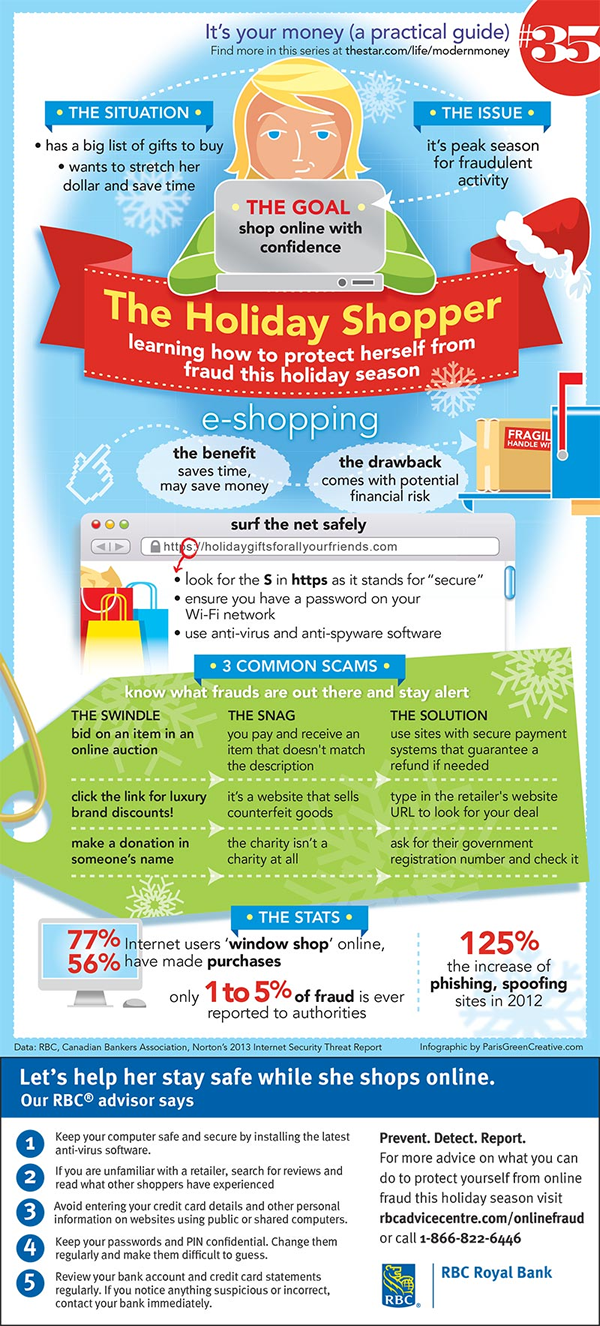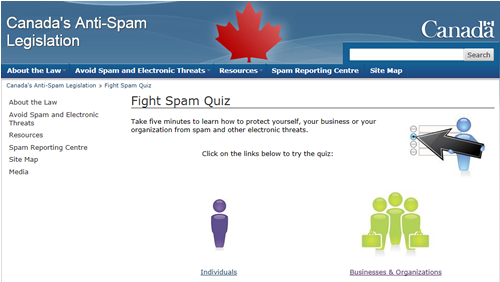With the new year approaching, you are probably thinking of making some new year’s resolutions for yourself. Eat better, be more generous, spend more time with family etc… The new year is the perfect time to get a fresh start on everything from your health to your finances. At renwick, we love New Year’s resolutions and so we’ve thought of 5 good ones you should use to keep yourself protected online in 2016.
 Use stronger passwords. As tempting as it is to use your birthday, name, or “password123” so it’s easy to remember, it is important to use strong and secure passwords. Use a unique password for each application, unrelated to your personal information. You should make it a combo of numbers, capital and lowercase letters, and symbols. You can also use a password manager if you have a hard time remembering all of these passwords!
Use stronger passwords. As tempting as it is to use your birthday, name, or “password123” so it’s easy to remember, it is important to use strong and secure passwords. Use a unique password for each application, unrelated to your personal information. You should make it a combo of numbers, capital and lowercase letters, and symbols. You can also use a password manager if you have a hard time remembering all of these passwords!- Don’t overshare. Social media is a powerful thing. With millions of people using social media every day, and 65% of the adult american population using at least one type of social media, it’s no wonder it’s a popular setting for scam artists. If you want to share a photo of your sandwich go for it! But when it comes to personally identifying information such as banking institutions, birthdays, addresses, and when you’ll be on vacation: less is more.
- Keep your devices secure. This means a few things. Have a lock on your mobile devices like tablets and cell phones. It is also a good idea to install a security software on your computers. Also be wary of “shoulder surfing”, which is when someone stands behind you to look at your screen for passwords or other confidential information.
- Keep a closer eye on your finances. The sooner your report any discrepancies in your bank account, the better. Use online banking and check back often through your transaction history and ask about any purchases or withdrawals you don’t remember making. If you wait until your statement comes in, you might be too late.
- Shop smarter. When shopping online, only buy from stores you are familiar with. If a deal seems too good to be true, it probably is! Don’t give away more information than needed to make a purchase.. and follow our online shopping guide:
We hope you find these resolutions useful in the New Year! Happy Holidays!
The Renwick Group has experience working with many different types of businesses and organizations providing skip-tracing, fraud investigations, WSIB support, legal team assistance, evidence gathering, employee background checks, and more. We also work with individuals who need help with personal matters. Call us at 1 (888) 722-9807 or visit our website for information







